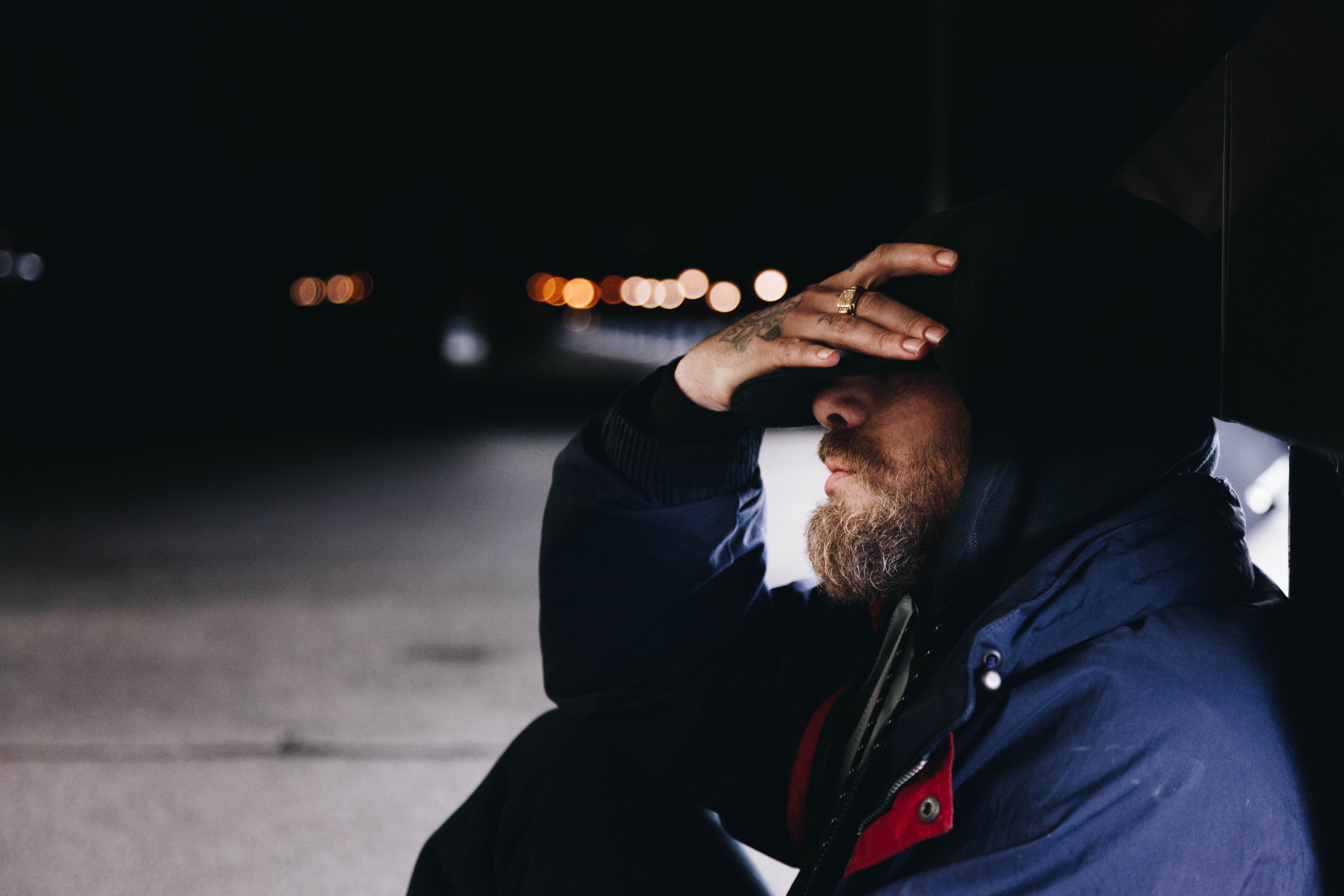North Cowichan plans to join the city of Duncan in erecting signs discouraging panhandling at high traffic intersections.
The signs will explain that panhandling is illegal, and also very dangerous in a place that is heavily used by cars and trucks.
The signs were suggested by the Safer Working Group, which operates the Community Safety Office.
Instead of giving money to panhandlers, the signs will suggest that people give money to the agencies that help those in need.
North Cowichan council is considering the signs for the intersection of Trans-Canada Highway and Drinkwater Road.
On another matter, North Cowichan plans to explore the idea of having transit buses connect the Duncan area with the Duke Point Ferry Terminal near Nanaimo.
Council has approved a motion to have the Mayor contact the Cowichan Regional District to discuss options.
Transit service to the terminal would make access to Greater Vancouver easier for people who rely on buses to get around, particularly seniors.






